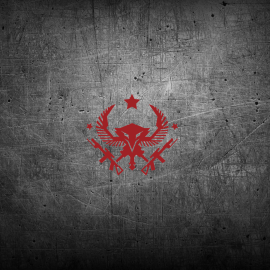For those who’d like to ask questions or just listen in, I’ll be going live at 9PM EST tonight, April 19th, on YouTube and Facebook: Be sure to tune in. This is the first of what will probably become a monthly thing. I might be winging it a bit this time. I’ll talk some about The Lost, but questions about my other stuff is also welcome. I’ll just try to keep out of too much spoiler territory, so plan your questions accordingly. Hope to see you soon.
On “Subverting Expectations”

There’s been a lot of talk lately about “subverting expectations” in storytelling, due to the recent ending of Game of Thrones. So, since I’m a storyteller, let’s take a bit of an aside to discuss it. Much of the praise that George R. R. Martin’s book series, A Song of Ice and Fire received was about how it didn’t play it safe. It “subverted” the old fantasy tropes (which, admittedly, had been largely done to death by Tolkien copycats who didn’t understand Tolkien). Unexpected things happened. The good guys didn’t win just because they were the good guys. (It was sometimes hard to tell who the good guys were.) Now, some of this was simply marketing. To listen to some people, you’d think that George Martin invented moral shades of gray in fantasy fiction. David Gemmell, Glen Cook, and a host of others beat him to it by decades. Full disclosure: I read the first three books, the year that the TV show started. I quit after A Storm of Swords. And a great deal of that decision was based on the nature of this “subverting expectations” model of storytelling.
Setting the Stage Part 7: European Defense Council
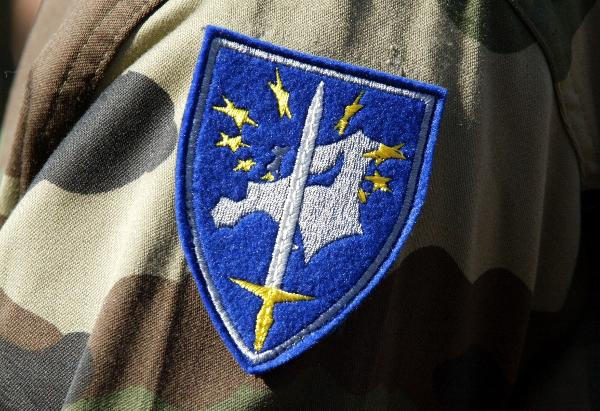
Recruited in secret, trained and equipped in secret (there was plenty of money for the Corps’ equipment; it was mostly in “black” accounts and various other secret and officially illegal shelters and revenue streams), the European Defense Corps was built on the bones of the old Euro Corps and trained and commanded by French and German veterans of Afghanistan, Mali, and the Balkans. Impressed and indoctrinated heavily with the mission of a united Europe, and the evils of nationalism and traditionalism, the young men who were recruited, many of them foreigners, were subjected to a harsh training regimen, rivalling that of the French Foreign Legion
Setting the Stage Part 5: China and the West
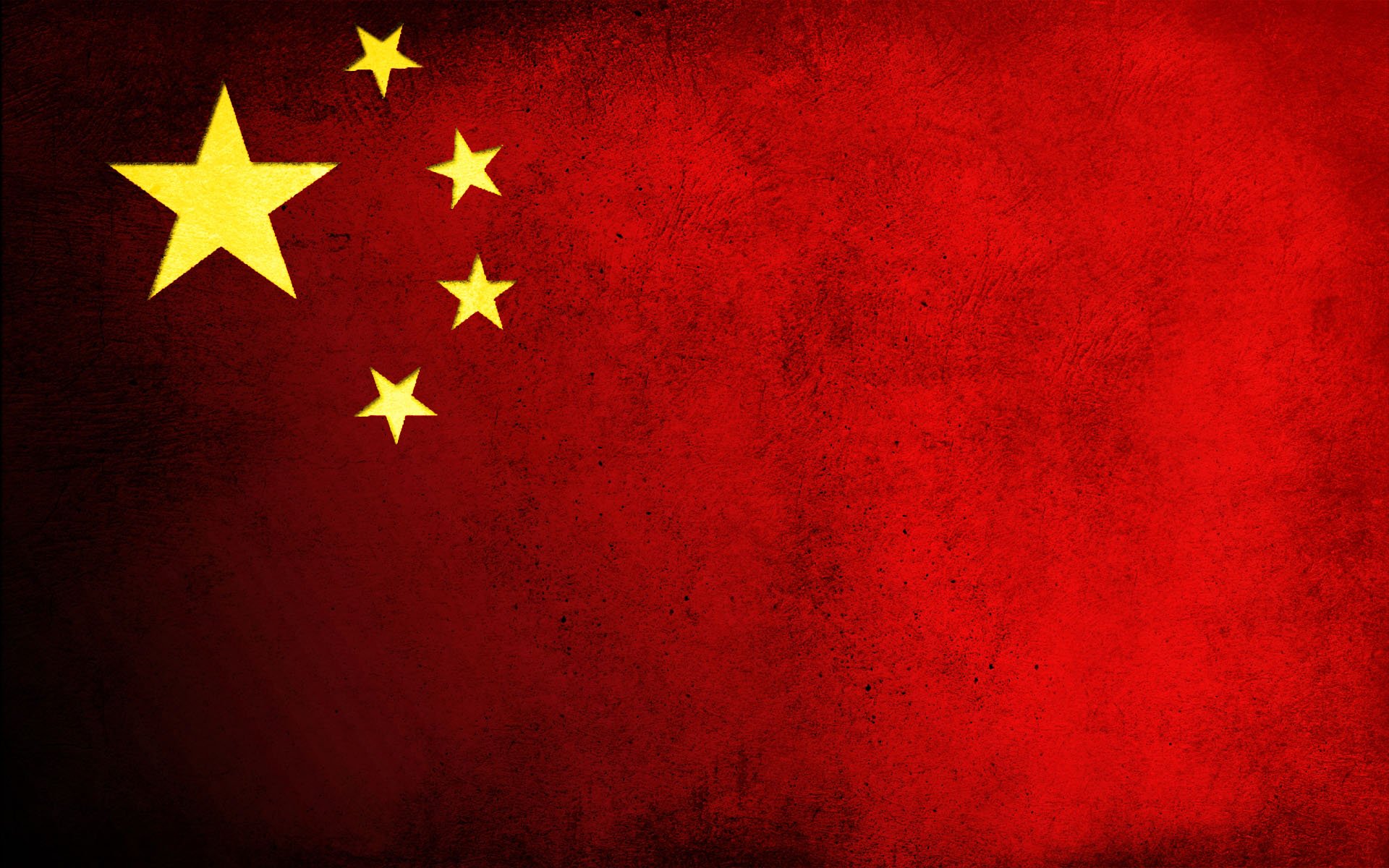
It’s not just Africa, either. Chinese companies have taken over the bulk of the resource extraction from Afghanistan, and Chinese companies have done business with Mexican cartels for illegally mined iron, stolen petroleum, and other natural resources which have become a major source of cartel income.While there have been many scenarios about war with China published, any major war between China and the West will doubtless involve considerable combat in Africa and Latin America, to cut Beijing off from its vassals and the resources they can provide.On the cyber warfare front, there have been many indicators that have not been corroborated, but the Chinese cyber warfare unit has been active against the United States for some time.
Triple Frontier
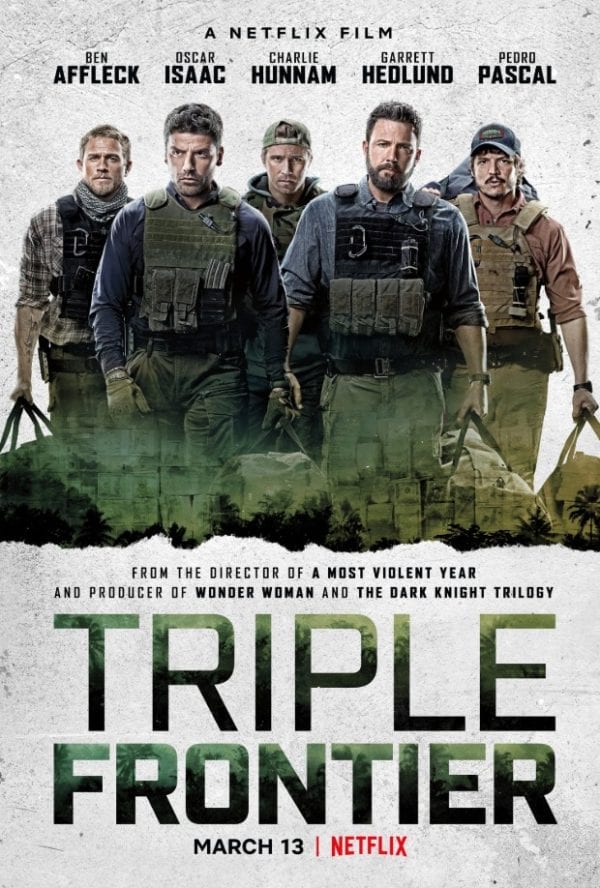
They make the approach to their target in a pouring-down monsoon, with cammie paint on their faces. As soon as they make entry, however, they’re dry, and there’s not a trace of camouflage paint anywhere. The whole movie is rife with these kind of jarring missteps.While I’ve been mostly negative here, I should say it’s not a terrible movie. It’s just not a good one. It’s certainly not as good as I could have hoped it would be. And the main reason is that the writers (and presumably the director) were just lazy.
The Triarii
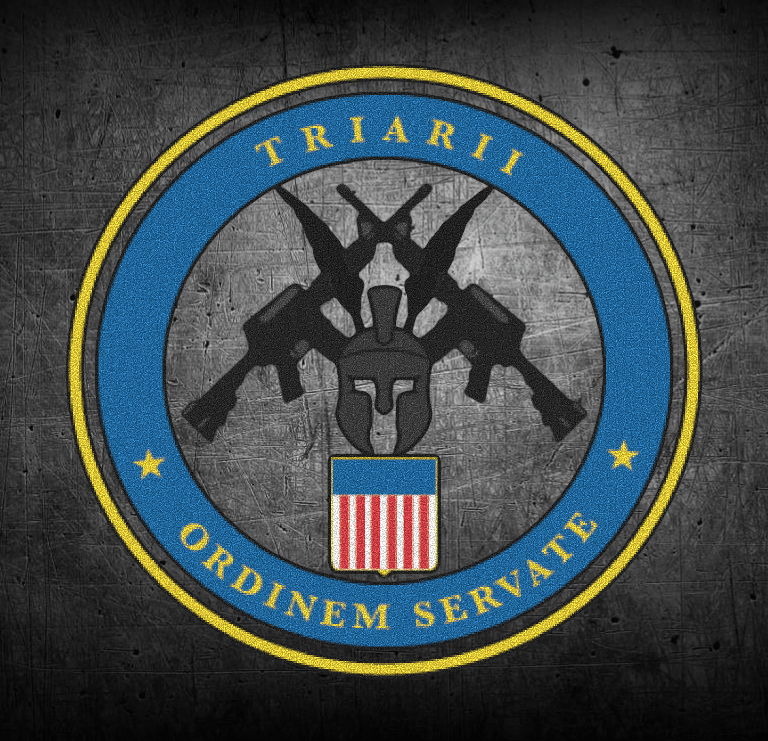
As I’ve written before, writing about mercs or military NGOs provides a certain freedom of action in a storytelling sense that I don’t get with writing about regular military. Call it a certain degree of wish fulfillment (I’ve characterized some of my fiction as “shooter wish-fulfillment” before), but it helps telling the kinds of stories I want to tell without the pains of dealing with a lot of the red tape and crushing bureaucracy of the actual military. I knew going into Maelstrom Rising that a small, special-operations-centered PMC like Praetorian Security/Solutions wasn’t quite going to do the trick. So, The Triarii were born.
Setting the Stage Part 4
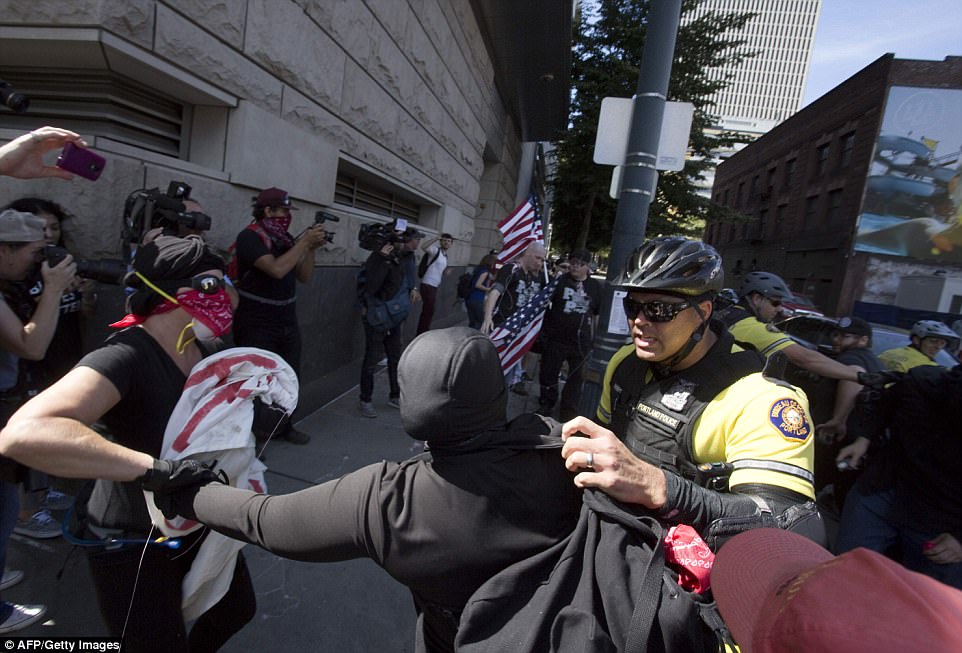
As the 21st Century has matured, the divide in the United States has gotten more and more pronounced. While in many ways it is tribal (simply look at what either major political faction will scream bloody murder about when they are the opposition, and then look the other way when it is done while their people are in office), there is a fundamental fracture in the fabric of American society. And that fissure is deepening. More and more voices call for the utter destruction of anyone who disagrees with them, no matter how petty or nonsensical the disagreement is. A side with more and more power is demanding that things that are more and more demonstrably false and counter-factual be held up as right, true, and good, and threaten the livelihoods, or the lives, of anyone who refuses. The fracture appears to be largely along political lines. But it has become much deeper than that, a cultural divide between people who assume the worst of each other, in some cases simply because of the color of skin. And the politicians and tech giants who make their millions use that divide more and more, stoking the fires of the mob for
Setting the Stage Part 3
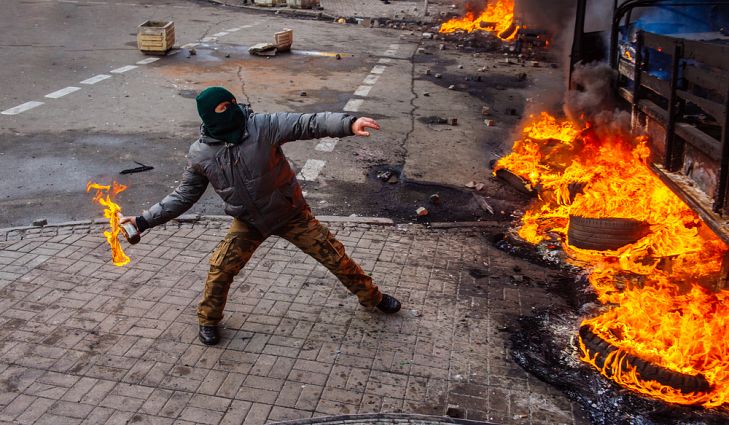
By the beginning of the Maelstrom Rising series, the global order as it has existed since shortly after the fall of the Berlin Wall and the collapse of the Warsaw Pact is disintegrating. This is happening for reasons cultural, political, and economic. Culturally, the European Union is already fracturing as this is written. There is no “European Identity,” no matter how hard the EU Parliament has attempted to enforce it, and the influx of immigrants from the Middle East and North Africa has been a source of friction in France for decades, even before the more recent push to accept hundreds of thousands from Syria, which has resulted in an uptick of terror attacks, to include truck attacks on Christmas markets and other crowds in Germany. An increasingly large segment of the populace of Western Europe is beginning to resent the imposition of the will of the elites, most evident in the Yellow Vest protests in France, which began over gas taxes, but became much wider in scope, including over President Macron’s signing of the UN resolution declaring unfettered migration as a fundamental human right, despite the majority of Frenchmen opposing such a treaty.
Setting the Stage Part 2
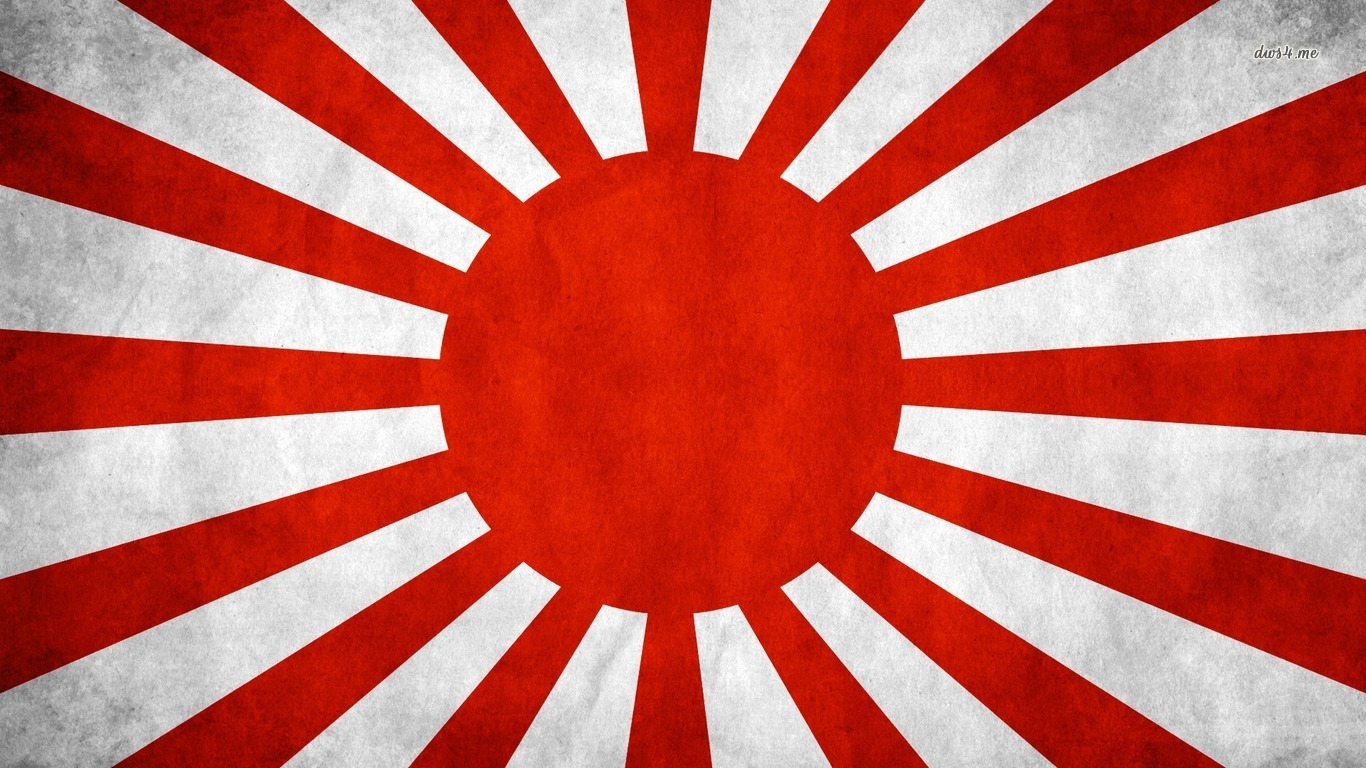
While the first-person narrative of the Maelstrom Rising series will limit each book or phase to a particular theater, the events of the series will have global scope. The interconnectedness of current global politics and economics mean that when the order breaks down in one place, there will be ripples elsewhere. And multiple simultaneous such breakdowns lead to the perfect storm that is Maelstrom Rising. The events in East Asia and the Western Pacific during this series will be rooted in current trends already happening over the last ten years or more. While most open focus has been on China and North Korea (which will be dealt with in later installments of this article series), this article will look at the near future of Japan. Specifically, the near future of Japan as a military power.
Setting the Stage, Part 1
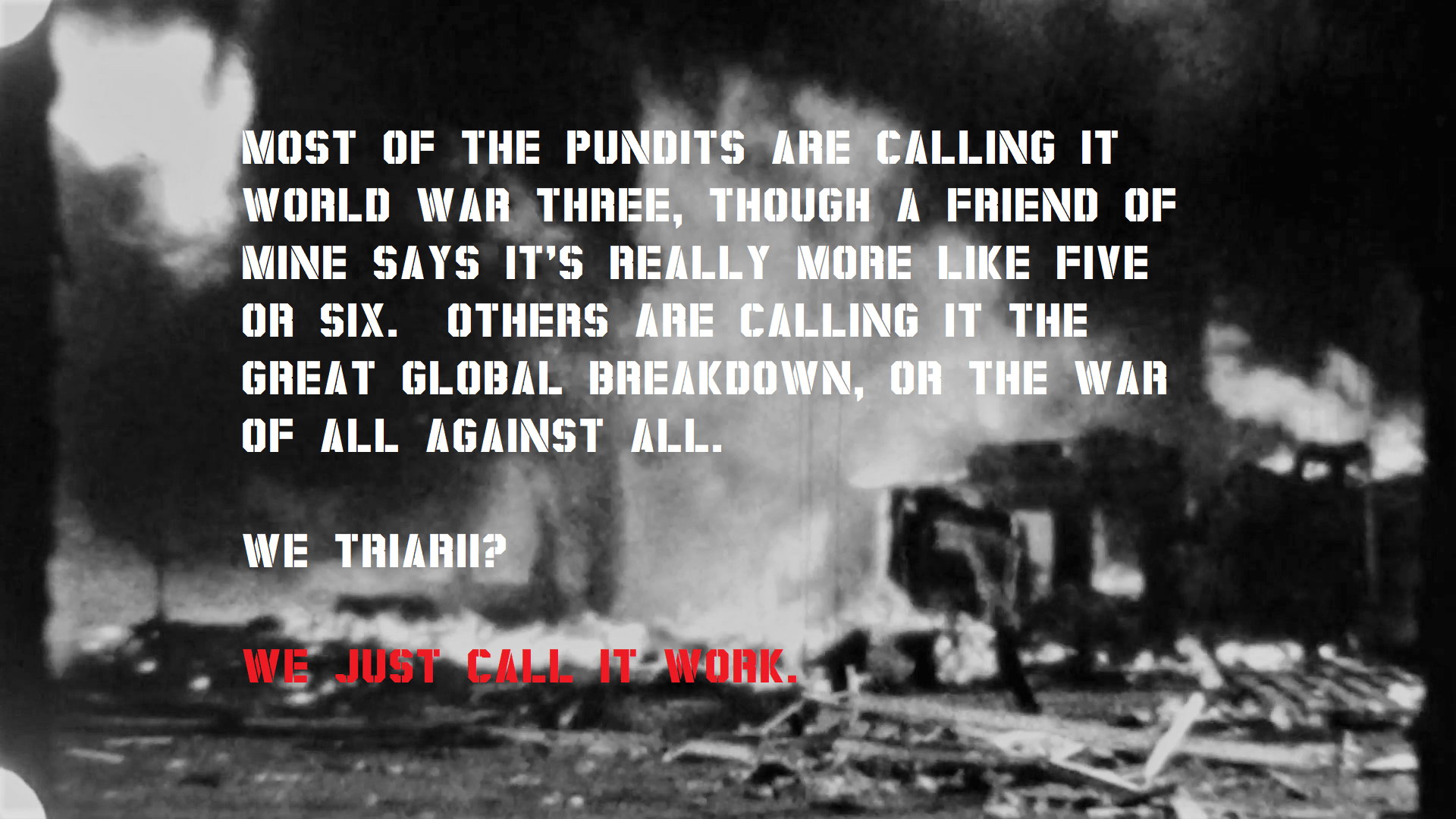
The idea for my current work in progress came a couple years back. It involved a complete breakdown in what we have come to consider the “global world order” since the disintegration of the Soviet Union and the paradigm shift represented by Operation Desert Storm (though the whirlwind victory and subsequent return to the status quo represented by that short-lived war turned out to be more of a fluke than a lasting reality, despite it forming the basis for most of Tom Clancy’s post-Cold-War fiction). While the American Praetorian series had already represented some of a similar model of breakdown, it was largely focused on the continuing war against jihadism, and that war’s unintended consequences. This is something different.
